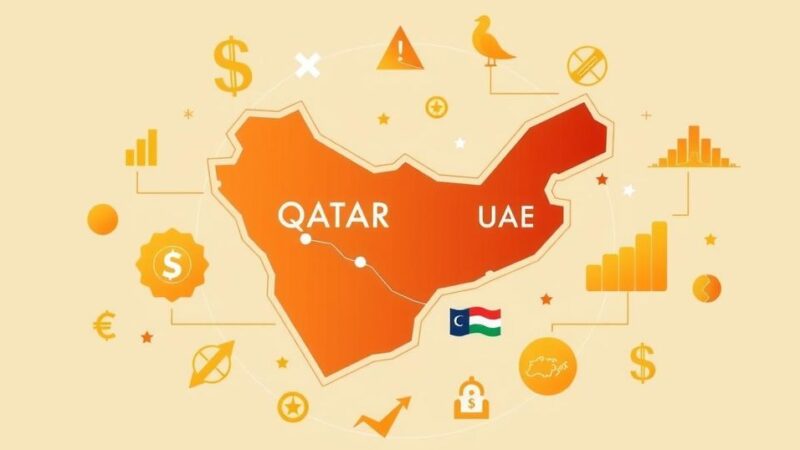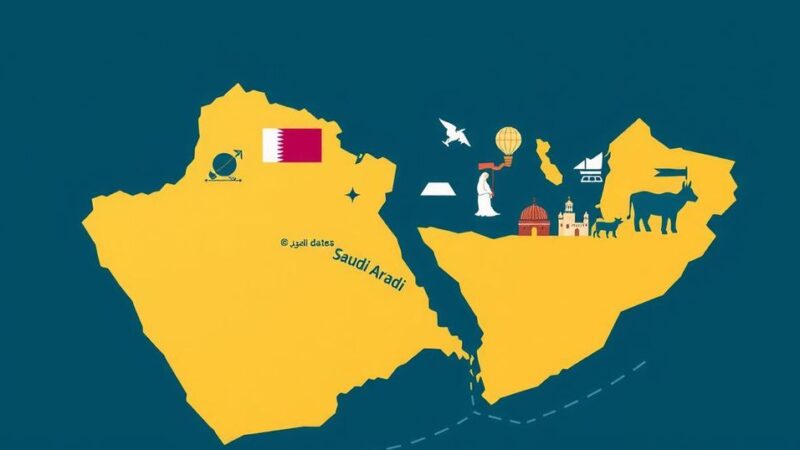The European Parliament adopted resolutions regarding human rights violations in Thailand, Sudan, and Azerbaijan. In Thailand, it condemned the deportation of Uyghur refugees and called for legal reforms. The resolution on Sudan addressed violence and demanded humanitarian aid access. In Azerbaijan, the unjust detention of Armenian hostages was criticized, prompting calls for sanctions and fair legal processes.
On Thursday, the European Parliament passed resolutions addressing human rights violations in Thailand, Sudan, and Azerbaijan. In Thailand, Parliament condemned the deportation of Uyghur refugees and urged the nation to cease forced returns of individuals to countries where their lives may be endangered. Furthermore, Members of the European Parliament (MEPs) called for reforms to the lese-majesty law, the release of political prisoners, and ratification of core International Labour Organisation conventions.
MEPs appealed for the United Nations High Commissioner for Refugees (UNHCR) to have unrestricted access to detained Uyghur asylum seekers, along with transparent information regarding their status. The Thai government was also encouraged to strengthen institutions in alignment with human rights standards and provide amnesty to parliamentarians and activists imprisoned under oppressive laws. Additionally, MEPs spoke in favor of suspending extradition treaties with China until it ensures fundamental rights for deported Uyghurs. A total of 482 votes supported the resolution, while 57 voted against and 68 abstained.
In regard to Sudan, MEPs expressed grave concerns over the political, humanitarian, and human rights crises, particularly the incidents of sexual violence and child rape. They condemned the attacks on civilians perpetrated by both the Sudanese Armed Forces and the Rapid Support Forces and called for an immediate cessation of hostilities and for all parties to engage in negotiations. Furthermore, they demanded humanitarian aid accessibility for millions displaced within Sudan, the imposition of sanctions on key figures in the conflict, and stronger protections for vulnerable populations, especially women and children. This resolution garnered 575 votes in favor, with 7 against and 35 abstentions.
Lastly, the European Parliament criticized Azerbaijan for the unlawful detention of Armenian hostages and the ongoing sham trials. MEPs insisted on the immediate release of these individuals, fair trials, and access to medical care, alongside independent investigations into their ill-treatment. Concerns were also raised regarding Azerbaijan’s closure of UN and International Committee of the Red Cross offices, with calls for their reopening. Sanctions against responsible Azerbaijani officials were advocated, as well as an investigation by the International Criminal Court into ethnic cleansing in Nagorno-Karabakh. The resolution passed with 523 votes in favor, 3 against, and 84 abstentions.
The European Parliament’s resolutions reflect a strong stance against human rights violations in Thailand, Sudan, and Azerbaijan. The adoption of these resolutions underscores the necessity for reform, accountability, and the provision of humanitarian aid in these nations. Additionally, the Parliament’s call for sanctions and monitoring demonstrates an ongoing commitment to uphold human rights and support vulnerable populations globally.
Original Source: www.pubaffairsbruxelles.eu






